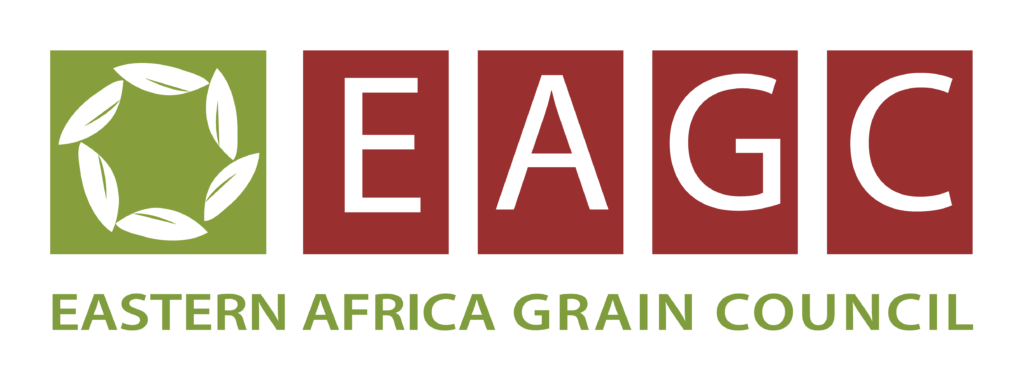[Nakuru, Kenya: August 10,2021] The Nakuru County government under the leadership of H.E the Governor, Hon Lee Kinyanjui in partnership with EAGC has today launched the ground breaking ceremony of the Naivasha Smart Fish Market, the first smart market set to be constructed in Kenya. The project which is supported by the Rockerfeller Foundation through a project implemented by EAGC, marks a significant milestone in the continued efforts to enhance the access to quality, safe, nutritious and affordable food in the country.
The proposed Naivasha Smart Fish market, set to be based at the Karai area, will be situated along the Nairobi-Nakuru highway and positioned on the East side of the highway. The Market will serve the high traffic that plies along the route, creating a market outlet for the fish in the area. “Once travelers are aware of the new state-of-the-art facility, they will plan their trip with the market as a refreshment joint in mind, where they can stop over to enjoy some fish delicacy along their journey,” said Hon. Kinyanjui. H.E further underscored the importance of the Smart Market within the Municipality in creating a huge market for the fish and other products available in the area, pledging his support for the local traders to increase their business revenues .“This Smart Market will be impactful towards provision of quality food and market services to Nakuru City. Given the market opportunities arising from the market, my government will support value addition across viable value chains to unlock more business opportunities and unlock the region’s untapped economic fortunes,” he added.
Once complete, the market will provide a new range of smart-solution services designed through the circular economy model. The model will ensure that the market is designed sustainably to utilize natural and renewable sources of energy, support processing and smart waste management, utilize Covid-19 compliant sanitation facilities, provide drainage and provide e-mobility among others while developing a sustainable business model for the market. The Market Design Team led by the project design and supervision manager, Architect Evans Juma, hailed the organizations that have partnered to Smarten the Market stating, “If donors, national and county governments, the private sector and the academia come together to utilize the available resources, then we can create landmark features such as the proposed market.“ Architect Juma however challenged stakeholders to demand for better when sourcing for infrastructural designs noting that landmarks that do not solve societal problems are insignificant. “ As academia we have the responsibility to provide quality designs and spaces that practically provide solutions to problems facing markets, and maintain creativity while at it “ he added.
Ms. Betty Kibaara , the Director, Food Initiative at the Rockefeller Foundation, expressed confidence in the Smart solutions noting that they are expected to advance the food system agenda through their technical designs, infrastructure and facilities that are meant to support general hygiene and safe handling of food and that can cope with the rising demand of the growing urban population. “Open markets in Africa are an essential component of the food system and a source of food for over 90% of the population. However, food markers were built 30 to 40 years ago, and are now dilapidated to an extent they have outlived their usefulness. Improving these markets will not only address food quality and safety risks but also benefit women, who constitute 57% of the traders,” she said.
The plan to smarten markets took shape with the emergence of the Covid-19 pandemic, that led to the development of drastic measures to curb the spread of the virus. Some of these measures saw the governments close down the most affected markets while in others, traders were relocated. This move envisioned and fueled the need to re-build sustainable markets given they are an essential component of the food system. Smart markets are expected to solve the rampant problems embedded in the food system EAGC Executive Director, Mr. Gerald Masila commended the County Government of Nakuru for according high importance to markets at the onset of the Covid-19 pandemic, given the role of markets in sustaining food systems and contributing to price discovery of food products. “ Nakuru County stood out from other counties because the government had opted not to shut its markets but provided Afraha Stadium as a substitute market. The County also had a concrete market plan with budgets and action plans in place, and this is how we got into a partnership with the County to conceptualize the aspect of the smartness of markets, “ he said. Mr. Masila was quick to note that the partnership had embarked on developing user needs assessment that informed the development of human-centered architectural designs that would ensure minimal transmission of the Covid-19 disease, utilize green energy, promote waste management and minimize Post Harvest Losses which are usually around 18-20% in the markets.
The Top Market, a Nakuru-town based market, will also be renovated to a smart market where it will have variations in its modifications to provide smart features such as eco toilets, modernized drainage system, installation of cold storage facilities, lightning and security features, and new designs to cater for solar and water harvesting as well as spatial designs to improve market management. The construction of the Naivasha Fish Market is expected to be completed in December 2021, presenting the opportunity to over 200 vendors and 333 daily shoppers to utilize and assess the smart- based solutions of the markets. The market is expected to transact more than 2,600MT of agricultural throughput per year at a growth rate of 5% in subsequent years. 40% of this output is highly perishable, and the market is anticipated to facilitate trade of about 70 to 80% of the total perishable goods in a single day, greatly reducing transaction costs as well as chances of Post-Harvest Losses.

